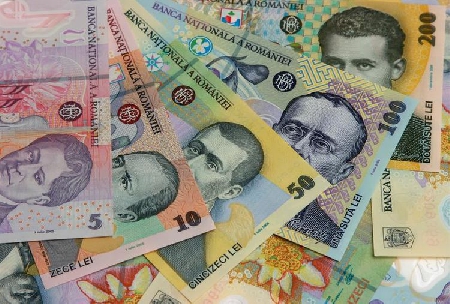Romania’s state budget
Romanias Parliament passes the state budget bill for 2013 amid criticism from the opposition.

Ştefan Stoica, 08.02.2013, 12:51
“The best possible budget at this moment” — this is how Social Democrat Prime Minister Victor Ponta has described the state budget for 2013, which Parliament passed with a wide majority. The budget is based on an economic growth rate of 1.6% of the GDP, an average inflation rate of 4.3% and a deficit of 2.1% of the GDP.
The average currency exchange rate is estimated in 2013 at 4.5 Romanian Lei against the Euro. Faced with time constraints but tapping into its overwhelming strength in Parliament, the Social Liberal majority passed the budget bill without adopting a single amendment of the over 10,000 proposed by the Liberal Democratic opposition. This has given rise to heated debates and harsh exchanges. The leader of the Liberal Democratic MPs, Mihai Stanisoara:
Mihai Stanisoara: “We have submitted over 10,000 amendments, each with good reason. They reflect the needs of all social categories of Romanians.”
In response, the head of the budget committee, the Liberal MP Dan Radu Rusanu said:
Dan Radu Rusanu: “It’s a survival budget because the Ponta government must now fix all the problems you created in your four years in government, including the arrears in the healthcare sector, projects that were started but never completed and especially loans you chose to spent on investments we still can’t identify, loans which we now have to pay back.”
The conflict between the power and the opposition over the structure of the budget was to be expected. While the former says the new budget stimulates development and investment, increasing pensions and restoring public sector salaries to the level prior to the cuts operated by the former government, the opposition describes it as a budget of poverty. The National Bank is keeping a safe distance from the political conflict and warns that the power of the Leu will depend in the coming period on the situation of the Euro, as well as the country’s agricultural output and structural reforms. Referring to the success of these reforms, National Bank governor Mugur Isarescu has shown reserve.
Mugur Isarescu: “We believe in the government’s programme, but we know from our post-1989 experience how difficult it is to carry out structural reforms. Problems appear every time, especially in state companies, and things become complicated because of social issues, political issues and aspects of a technical nature, so we can’t be very optimistic.”
The National Bank of Romania again underscored how important it was for Romania to attract European funds, which can be used to stimulate investment in key areas such as infrastructure and agriculture and generate economic growth.






























